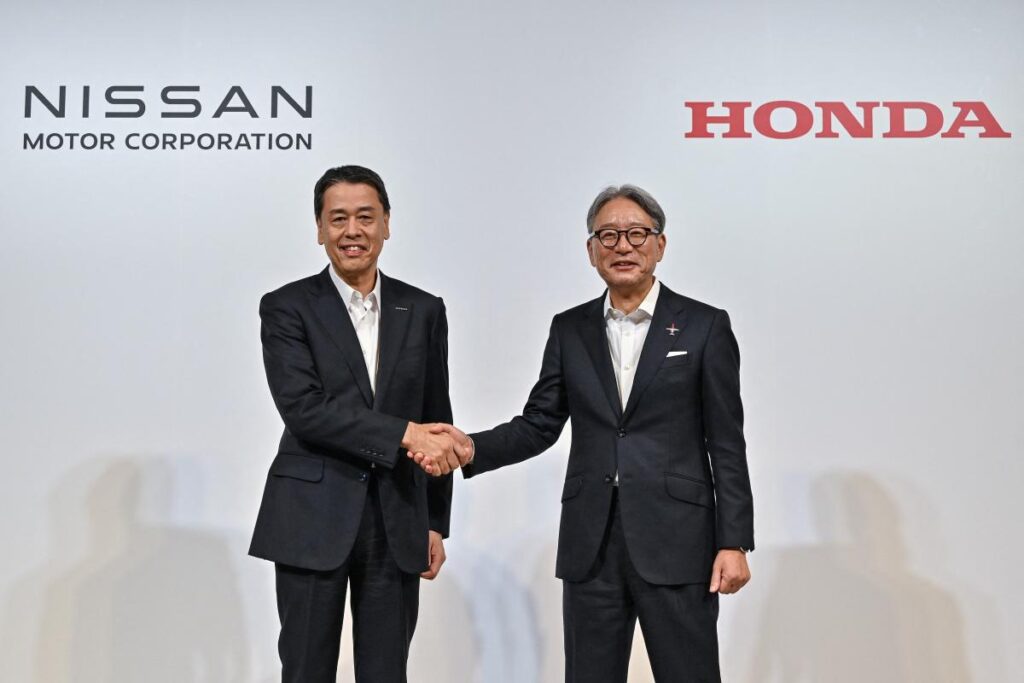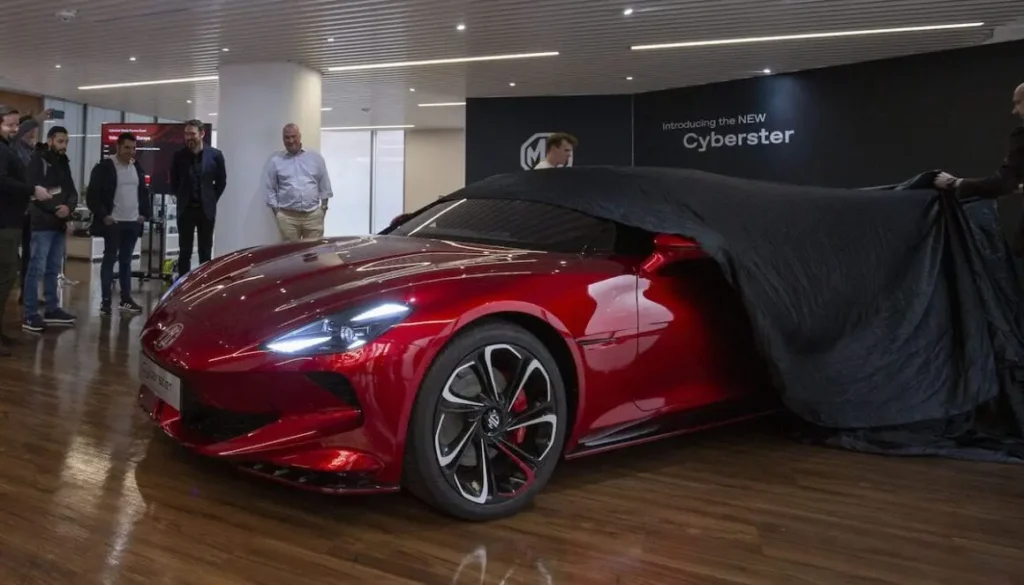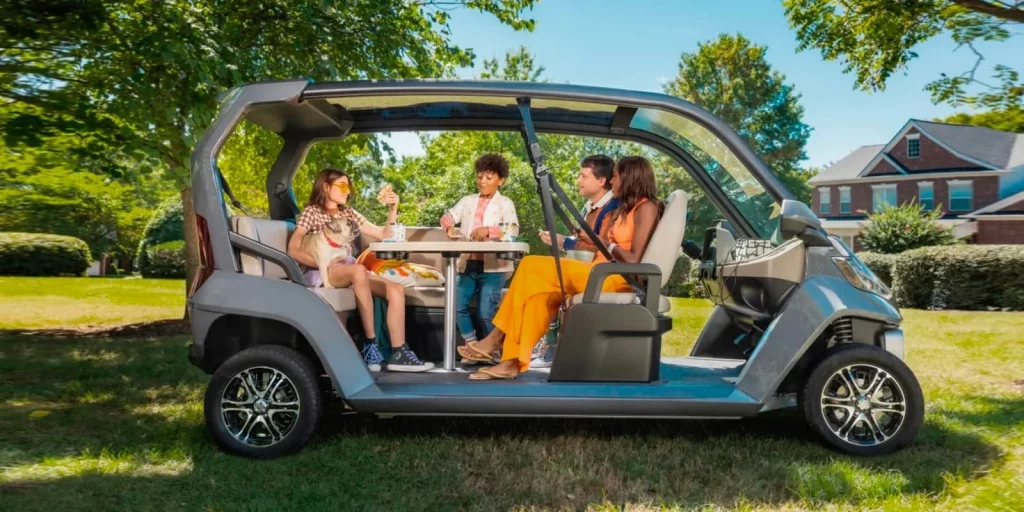Honda and Nissan Set to Merge by 2026: A Strategic Move to Counter Tesla and Chinese EV Giants
Honda and Nissan have officially begun merger talks to tackle mounting competition in the electric vehicle (EV) market. The automakers confirmed signing a memorandum of understanding on Monday as a first step toward this transformative partnership. Mitsubishi, which is partially owned by Nissan (34%), is also expected to join as a third partner in the merger.


Key Details of the Merger Plan
- Operating Under a Holding Company: The merged entity will function under a newly formed holding company. Honda and Nissan’s shares will be delisted from the Tokyo Stock Exchange by July or August of 2026, with shares transferred to the holding company.
- Standardized Manufacturing: The merger aims to optimize production systems and standardize vehicle platforms for increased efficiency and competitiveness in the EV sector.
- Addressing Challenges: Both companies are undergoing an EV reset, with Honda rolling out its O Series EVs starting in 2026 and Nissan launching a new generation of the Leaf and larger EVs built in Mississippi.
Competition and Market Context
The merger is largely driven by the intense competition from Tesla and Chinese automakers in the EV market. Combined, Honda and Nissan sold over 8 million vehicles in 2023, which would position the new entity as the world’s third-largest automaker by sales volume, behind Toyota (11.2 million) and Volkswagen Group (9.2 million).
Mitsubishi’s Role in the Partnership
Mitsubishi, already collaborating with Nissan on platform sharing, could play a pivotal role in expanding the alliance’s capabilities. The three companies have worked together before, including a battery-leasing joint venture.
Strategic Opportunities
The merger is expected to unlock several opportunities for collaboration:
- Hybrid Integration: Honda’s two-motor hybrid system could replace Nissan’s e-Power system, providing a more cohesive hybrid strategy.
- Electrification of Pickups and SUVs: Nissan could lead the electrification of larger vehicles, a segment currently missing from Honda’s lineup.
- Optimized Production: The automakers plan to consolidate manufacturing systems and facilities for better cost efficiency and streamlined operations.
Challenges and a Needed Lifeline for Nissan
This merger could be a lifeline for Nissan, which has been struggling with declining sales in the U.S. and China. The automaker recently announced plans to lay off 9,000 employees and cut production capacity by 20%. The partnership with Honda offers an opportunity to stabilize and innovate amidst these challenges.
Looking Ahead
As Honda and Nissan set their sights on a unified future, their combined expertise and resources could reshape the EV and hybrid vehicle markets. With Tesla and Chinese automakers dominating the landscape, this merger represents a bold step toward securing a competitive edge in the global automotive industry.




